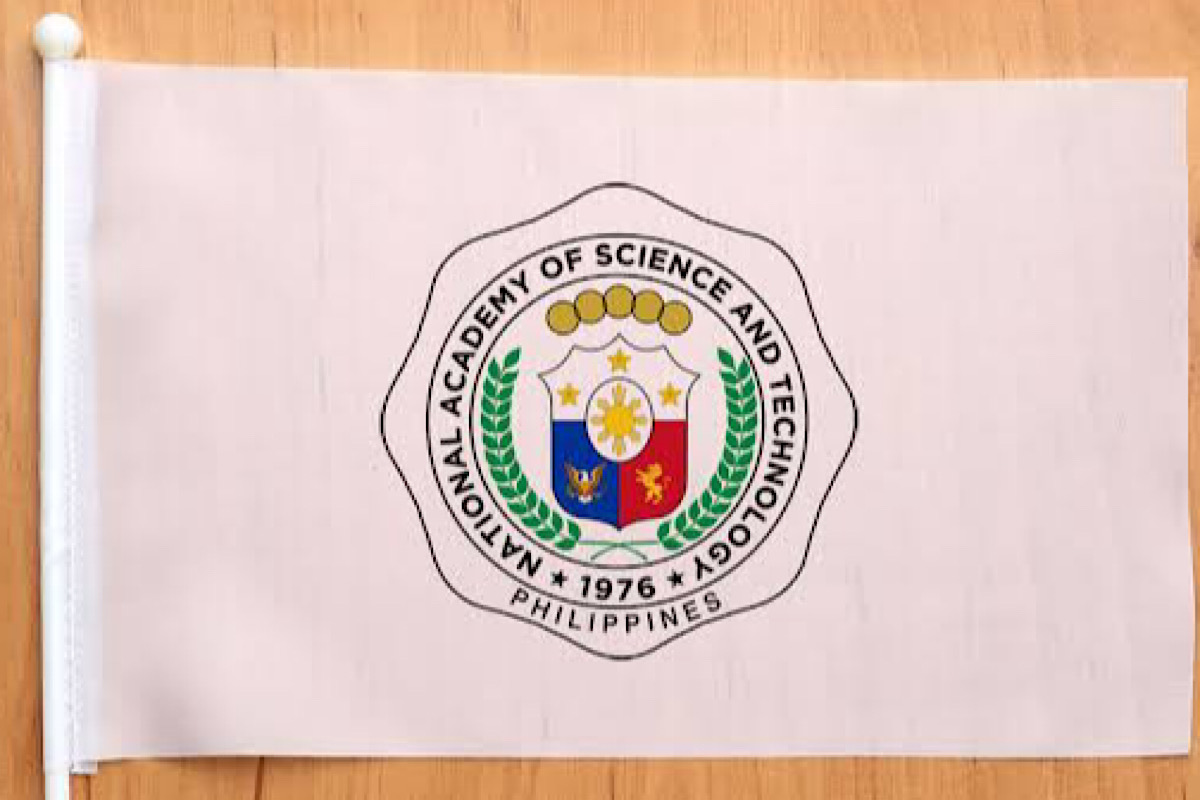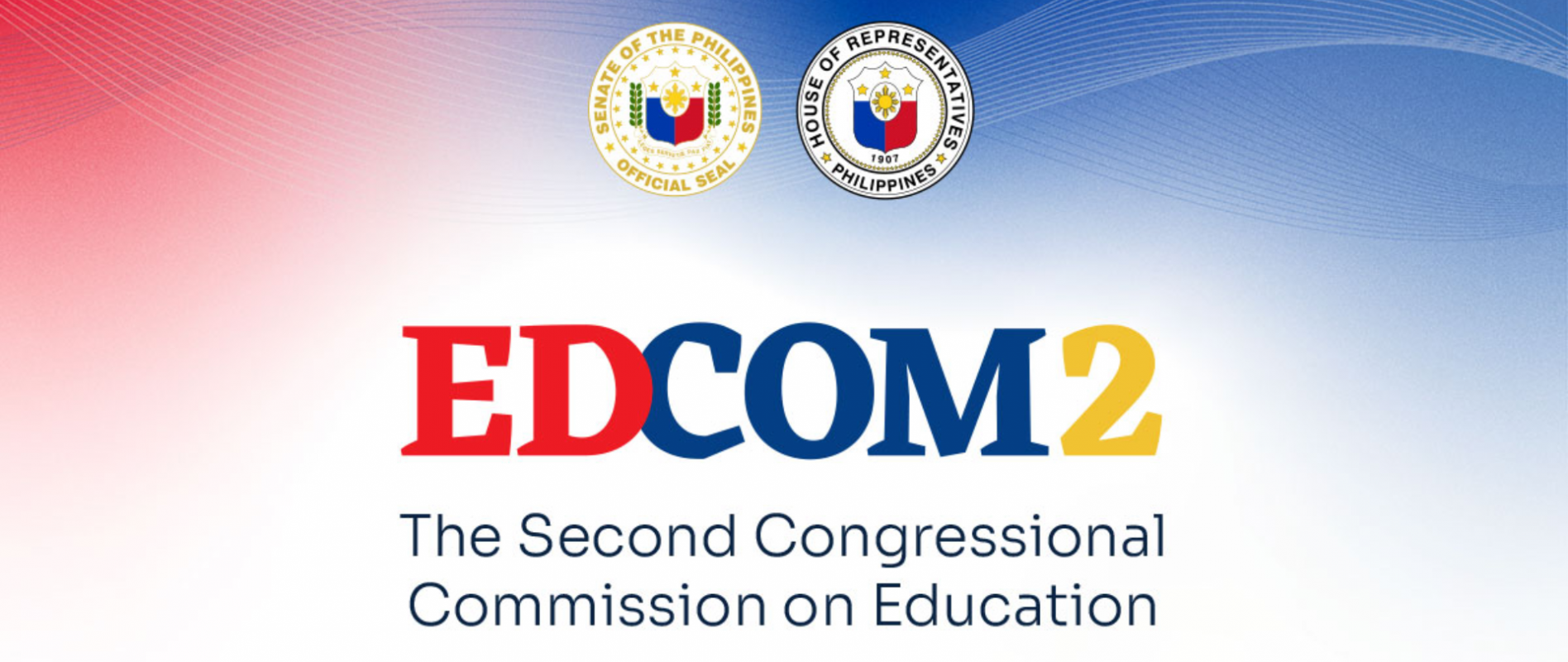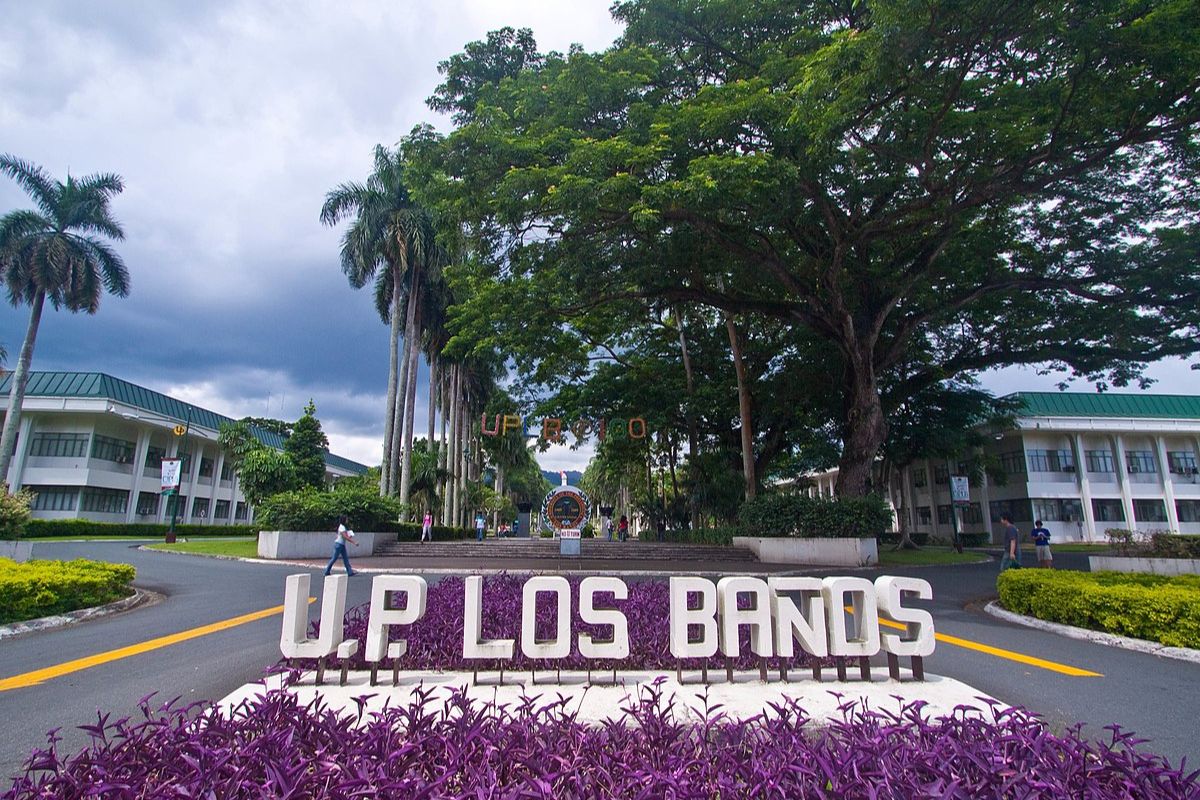THOMASIAN RESEARCHERS BAG OUTSTANDING SCIENTIFIC AWARD IN NAST
A RESEARCH team representing the University of Santo Tomas won the Outstanding Scientific Paper Award at the recently concluded conference organized by the National Academy of Science and Technology.
The winning team was composed of Professor Pia Marie Albano, Prof. Teresa Sy-Ortin, Drs. Gabriel Phillip Ragudo, Beatriz Soneth Pureza, Denise Anne Rimando, Mikael Remus Manrique, and Kin Israel Notarte, who authored the study entitled “RAD51 135G>C Single Nucleotide Polymorphism and Risk of Breast Cancer in Selected Filipino Cases.”
“The study focuses on the RAD51 gene which encodes the protein that plays a central role in the repair of DNA double-strand breaks through the homologous recombination pathway,” the team said.
“Association of RAD51 single nucleotide genetic polymorphism with the development of cancer has been observed to be tumor site- and race-specific.
As such, the study aimed to determine the potential association between RAD51 13 5G>C SNP and breast cancer among selected Filipinos,” it added.
According to the group, a total of 60 patients with histologically confirmed breast cancer were age and sex-matched with clinically healthy controls.
“Genomic DNA was extracted from the blood of participants and analyzed for RAD51 genotype by polymerase chain reaction – restriction enzyme fragment length polymorphism,” they said.
“Based on the findings, a significantly higher incidence of RAD51 C/C genotype was seen among the cases than the controls (p < 0.05). The more common G/C genotype was not associated with breast cancer development, while the recessive less common C/C genotype was observed to potentially increase the risk,” they explained.
“Another finding was that passive smokers carrying the RAD51 G/C genotype had a significantly increased chance of developing breast cancer. RAD51 G/C genotype — even when combined with other established risk factors like alcohol use, active smoking, and family history — were not associated with breast cancer,” they concluded.














